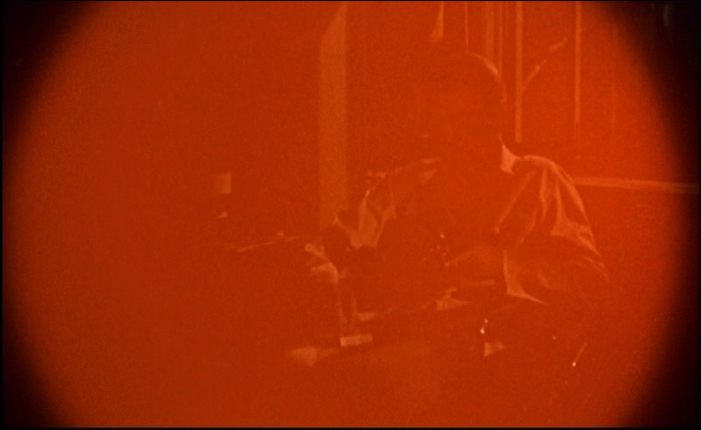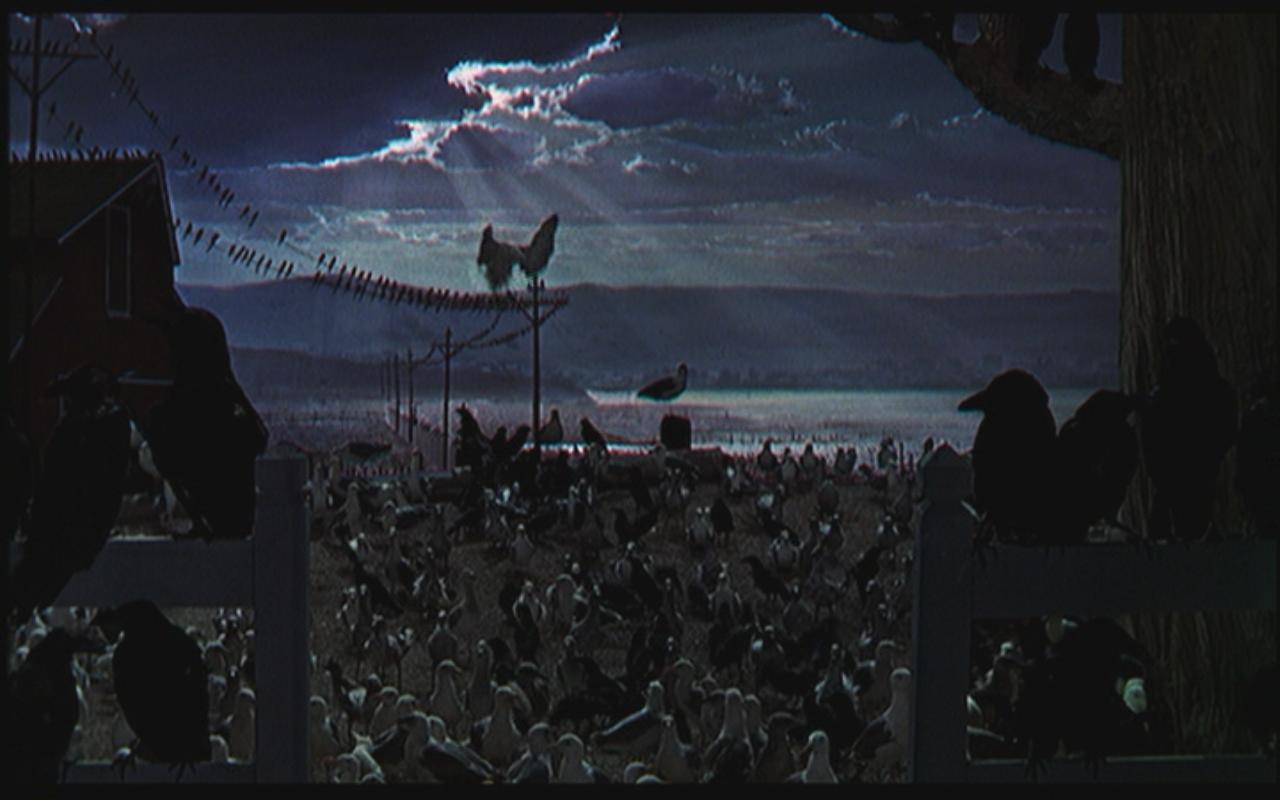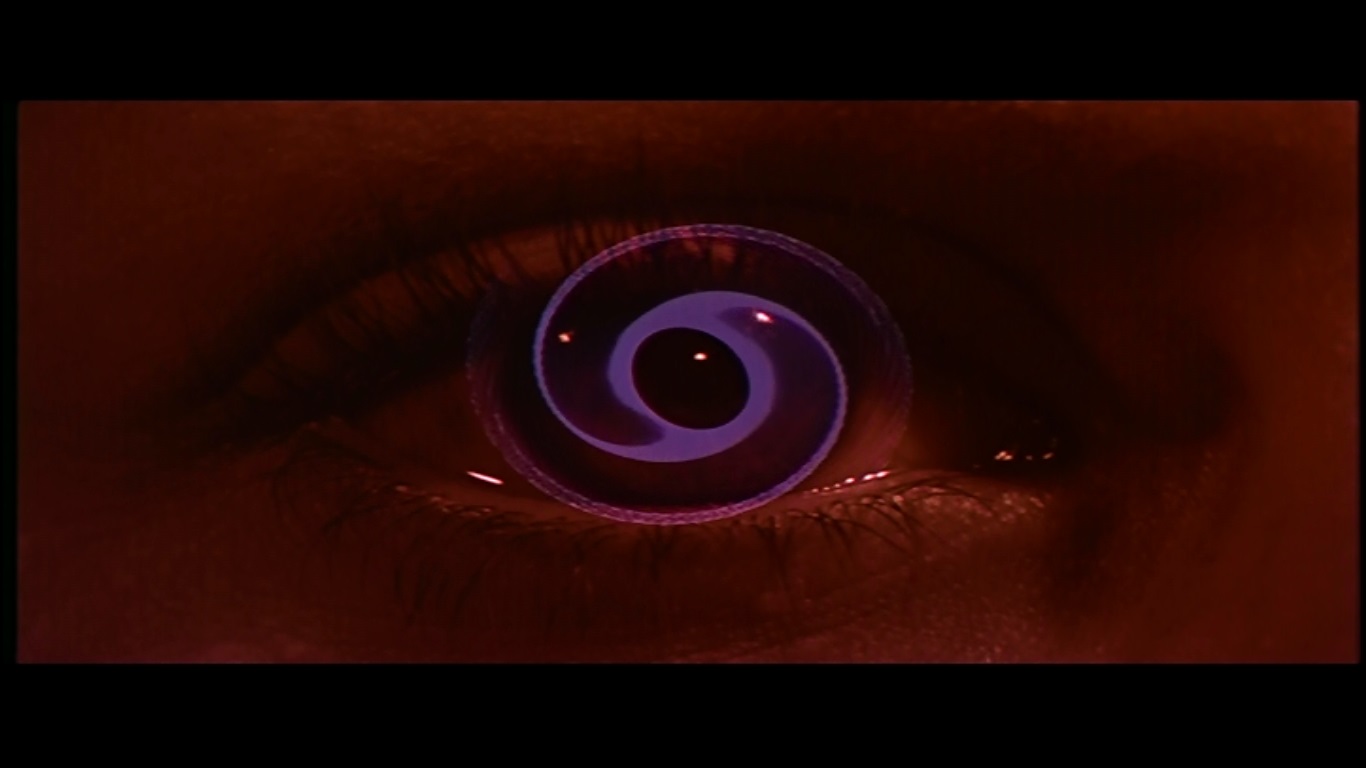Here’s a secret: I actually don’t know most of the canonical filmmakers that well. Meaning, I don’t think there are many filmmakers whose every film I’ve seen. Even the easy ones, like Kubrick: I don’t think I’ve ever checked off everything on a list.
Rick and I have talked from time to time about doing “film by film” series, where we go through a filmmaker comprehensively, beginning to end. But I’ve never been comfortable with those types of series. There is, I feel, an implicit claim of comprehensiveness about them — that by starting at a and working one’s way to z, one has said everything one can say about a figure, one article per film.
But that has never represented, for me, how I relate to figures in any medium. It is always less a checklist and more a spiral (well, there’s a slip about our topic here) towards something. I’ve said it before to people and received baffled responses: I feel like I don’t actually have the right to write something about something the first time, relating to a film in isolation. (Whereas I myself am baffled by people who never re-watch anything.)
All of this is to say that this is the start of a series on a filmmaker, but one that will be closer to a scratchpad (a model I once threatened to follow on a previous article on this site) than a comprehensive overview. I want to see what a series on a filmmaker would be if it were closer to a report on a work in progress than just an excuse to write one article per film.
Why Hitchcock? (That’s who I’m going to be covering, if you didn’t guess he was the one on my mind by the spiral image above.) I suppose Hitchcock has doubly haunted me over my film-person career. He has followed me historically, in that, just as Godard has in many ways become the ultimate filmmaker not for our time (one who says what he says, without needing too much interpretation — or needing far, far too much interpretation; one who has less to say about desire and drives), Hitchcock has become the primo filmmaker for our time.
In academic discourse, he is placed perfectly, with his plots full of desire and psychoanalytic subtext. The more casual movie-lover discourse has rediscovered a love for pure plot and cleverness that too makes Hitchcock highly relevant. (Neither of these things are, of course, criticism.)
So he has stuck in my head because he is of our times. And he has also stuck with me personally. I keep running into him in the weirdest of places: in the book on film scores I randomly check out, which ends up having multiple chapters devoted to the Psycho score; or to the discount-bin public-domain set of DVDs I was given by a close relative (who grabbed the set from a book sale on the name alone, and was unsurprisingly disappointed by low-quality prints of The Manxman and The Lodger.)

 Here’s the secret: I’ve only seen a handful of Hitchcocks, and I only really remember the beginnings and endings. I remember the opening music hall scene of The 39 Steps, the woman coming back to the bedroom — and then a jump to Mr. Memory, reciting the secrets to the police. (Maybe a step in between, involving hiding out in the backyard of a house and a pet dog?) I remember the opening dinner party of Notorious — and then the slow walk down the stairs at the end, and Claude Rains being called back into the house.
Here’s the secret: I’ve only seen a handful of Hitchcocks, and I only really remember the beginnings and endings. I remember the opening music hall scene of The 39 Steps, the woman coming back to the bedroom — and then a jump to Mr. Memory, reciting the secrets to the police. (Maybe a step in between, involving hiding out in the backyard of a house and a pet dog?) I remember the opening dinner party of Notorious — and then the slow walk down the stairs at the end, and Claude Rains being called back into the house.
The same for the color films, really: the opening scenes with the telescope — and Raymond Burr being stunned by camera flashes; “This is no good, we’re on top of the monument”; the birds sitting on a wire at the end.
Maybe that’s what I want to discover, going back through Hitchcock: the stuff in the middle between the mousetrap being set and the mouse taking the cheese. Is there anything actually there? That’s what I’m hoping to find out — and keep an eye on this space for progress reports.

